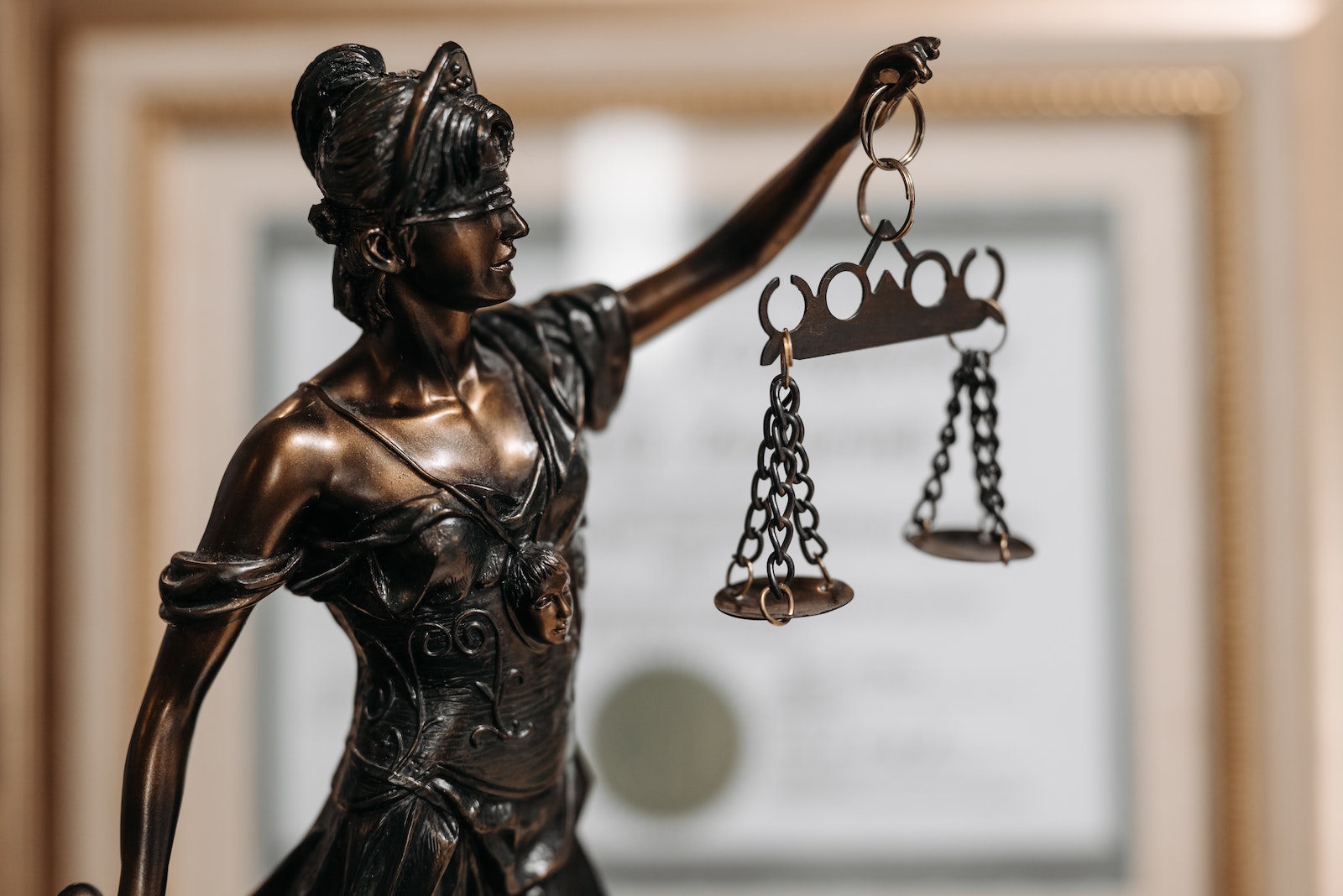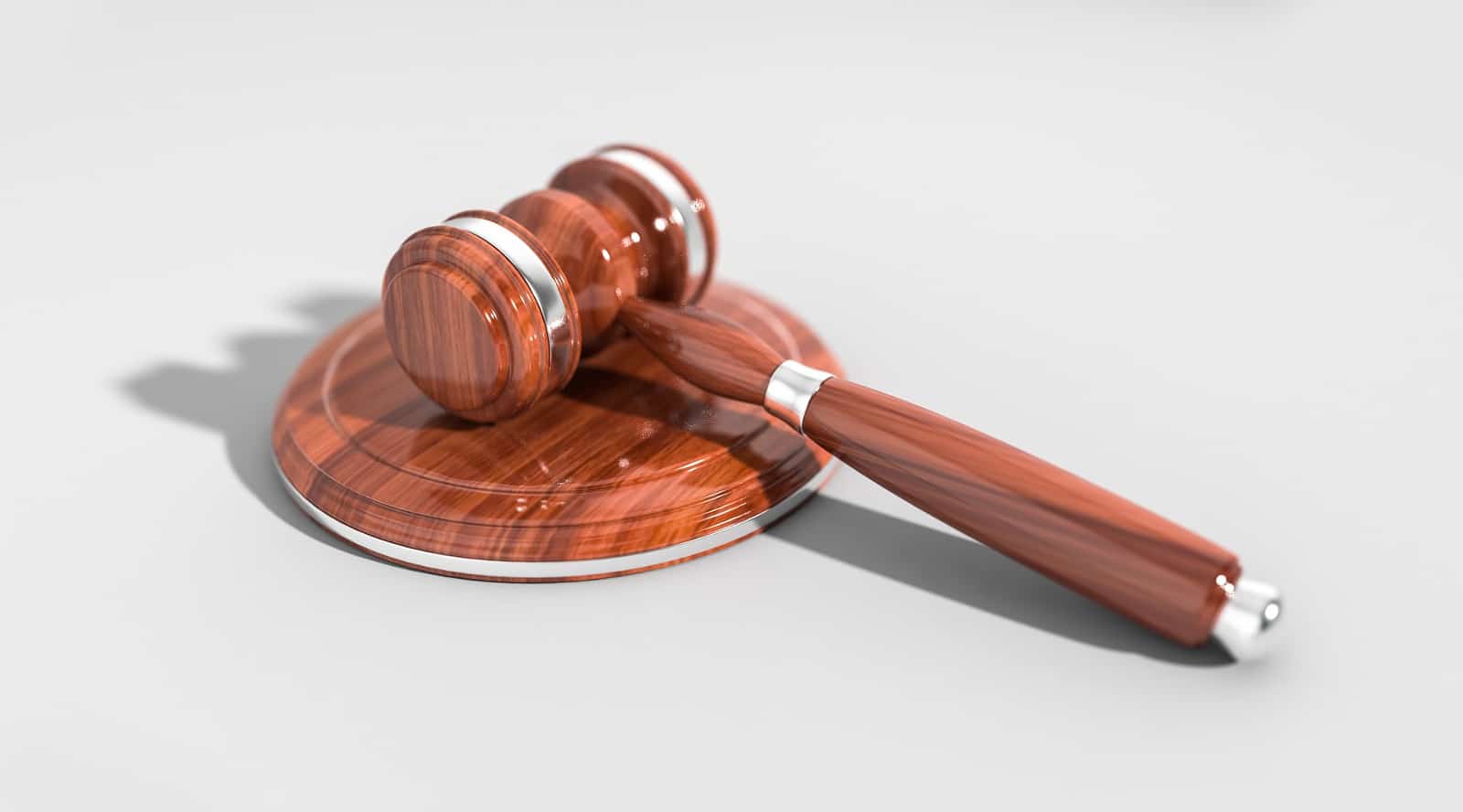What are the consequences to Executors for breaching trust?
Executors have a duty to act in the best interests of the estate and its beneficiaries. Occasionally, executors act in breach of this trust, often accidentally. However, there are ways in which courts can impose penalties for executors breaching trust.…
Dying without a Will (Intestate): Who Acts as Executor?
An Executor’s Job: What an Executor of a Will Should Expect
Before naming someone as executor in a will, the will-writer usually asks the person if they’re comfortable with the responsibility. Often, without fully understanding the legal duties and obligations associated with being an executor, the person accepts. However, executors often…
Are Executors Entitled to Compensation?
Estate executors may have extensive and time-consuming responsibilities to fulfill, and, in most cases, they receive compensation for their efforts through executor’s fees. Sometimes, the person who writes the will specifies how to compensate the executor, but some wills make…
Estate Bank Accounts: Why Executors Should Open One
The size of the estate and the number of transactions during the estate administration process can make it very complex for the estate executor to manage all the debts the estate owes and the funds coming into the estate from…
6 Tips for Estate Executors for Easy Administration
Choosing an Executor: Should You Appoint a Professional?
Removal of a Badly Behaving Executor in BC
As a beneficiary of a will, it can be frustrating to sit helplessly waiting while the will’s executor fails to administer the estate as expected. Unfortunately, executors sometimes cause intentional delays, are incompetent in their administration, or even abuse their…
Estate Beneficiary Rights: Forcing the Executor to Act
The executor of a will has a handful of responsibilities when administering an estate – including accounting for all estate assets, debts, and money exchanges coming into and out of the estate. Once the executor finishes the administration process and…










